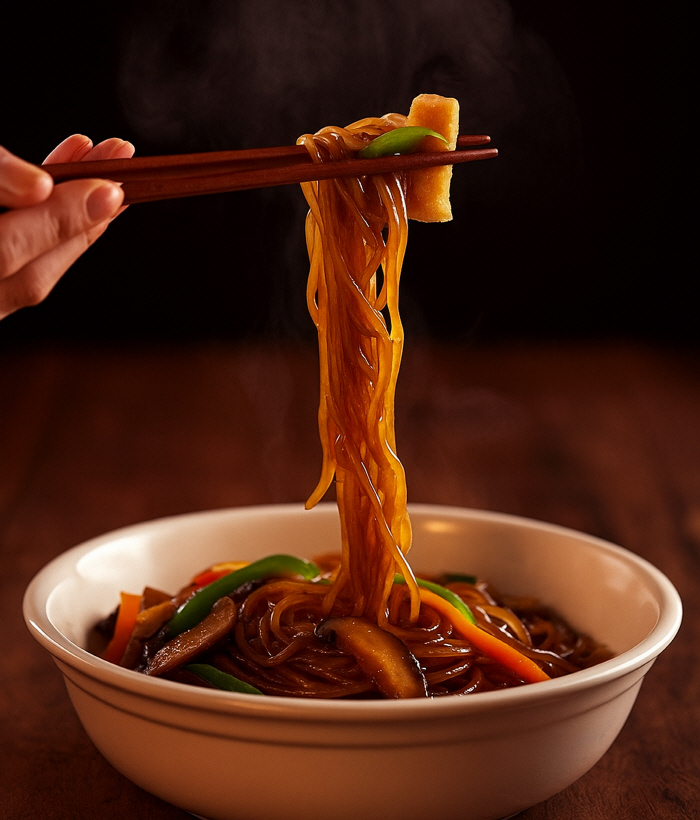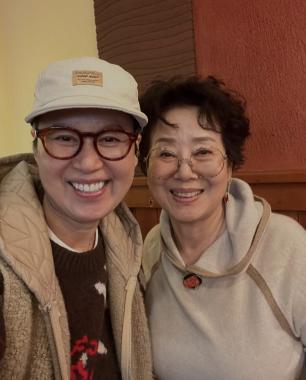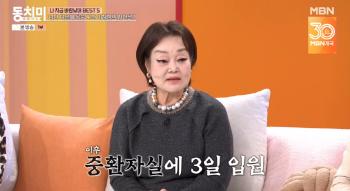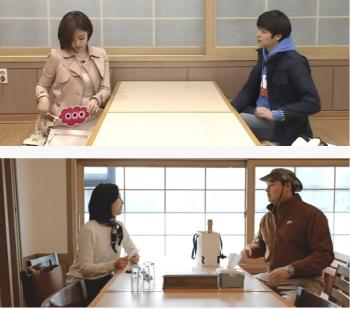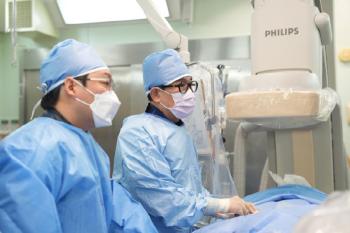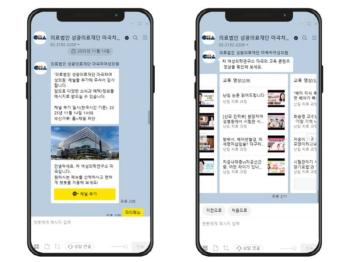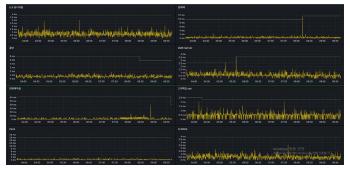Chuseok and Golden Week? It's a crisis for the chronically ill...patient-specific coping mechanisms
Oct 02, 2025
|
Kim Yu-mi, head of the endocrine department at Himchan General Hospital in Incheon, said "If you neglect to take medicine or give up food control during the long holidays, you may experience an emergency."If patients and their families follow the three principles of preliminary preparation, lifestyle management, and emergency response, they will be able to have a safe holiday."
◇ Diabetes patients limit their intake to one or two songpyeon per day
The Chuseok table is full of high-calorie, high-fat, and high-sodium foods such as songpyeon, jeon, japchae, Korean traditional cookie, and sikhye. In particular, the carbohydrates contained in three songpyeon (90g) are about 35g, which is equivalent to half a bowl of rice. If you add other foods to this, you will consume two to three times more calories and sugar than usual. It causes blood sugar and blood pressure to rise, making it more dangerous for chronically ill patients.
If you are diabetic, you should avoid high-carb food. The consumption of songpyeon is limited to one or two per day, japchae is mainly vegetables instead of glass noodles, and drinks are replaced with water or barley tea instead of Sikhye and Sujeonggwa. It is recommended to eat only a small amount of fruit, such as an apple, a third of a pear, and 10 grapes a day. Patients with high blood pressure should avoid high-salt foods such as stew, soup, and salted fish and try to eat blandly. It is better to eat jeon with vegetables instead of soy sauce seasoning. Patients with kidney disease should avoid high-kalinity foods that can cause hyperkalemia, such as dried persimmons, bananas, and taro soup.
◇Use small plates to help reduce intake
To reduce calories, it is effective to change the order of eating. Don't eat rice first, eat vegetables and greens first, and then eat tofu, lean meat (protein), and rice (carbohydrate). When dietary fiber is sent to the intestine first, blood sugar and insulin secretion are stabilized, and carbohydrate intake, which is a factor of rapid increase in blood sugar, naturally decreases. In addition, if vegetables and greens are eaten first, food is slowly absorbed in the stomach, delaying sodium absorption. When holding food, using a small plate can help reduce the amount consumed.
◇ Avoid squatting on the floor
Long-distance movement and housework are risk factors for spinal and joint patients. You should minimize the strain on your body by correcting your posture and dispersing your physical strength. When moving by car, it is recommended to keep the curvature of the spine by putting a small cushion on your waist, and to stretch or move lightly for 5 minutes by stopping every 1-2 hours.
When preparing holiday food, avoid squatting on the floor, use a table, sink, or sit on a high chair and cook. There are many repetitive movements when holding a frying pan or washing dishes, so if you have wrist joint pain, you should wear a wrist protector in advance.
Kim Tae-seop, head of the orthopedic surgery department at Bupyeong Himchan Hospital, said "The part that patients miss the most during the holidays is sitting on the bare floor or squatting and maintaining the same posture for a long time."Patients with arthritis or low back pain often visit the hospital due to temporary housework or pain caused by long travel."
◇Check in advance the hospital where dialysis is available
Patients with cardiovascular disease or respiratory disease are likely to develop emergencies during long holidays. In particular, patients with myocardial infarction, angina, and chronic obstructive pulmonary disease (COPD) may develop sudden chest pain or dyspnea. For these patients, it is recommended to keep the list of drugs they usually take, the contact information of the doctor, and the name of the underlying disease in their wallet. If you have sudden chest pain, dizziness, or difficulty breathing, call 119 immediately.
In kidney dialysis patients, the dialysis schedule is directly related to life. If it is pushed back even for a day, electrolyte imbalance, swelling, and renal failure in the body may worsen. It is important to adjust the dialysis schedule in consultation with the medical staff before returning home and to check in advance the dialysis hospital near the area to be moved.
As the operation of medical institutions is reduced during long-term holidays, it is also essential to check the emergency medical network. Through the Ministry of Health and Welfare's call center 129, each city/province call center 120, and the emergency situation management center 119, hospitals and pharmacies to be treated during the holiday may be checked. You can also check the location and contact information of the hospital on the emergency medical portal.
This article was translated by Naver AI translator.
